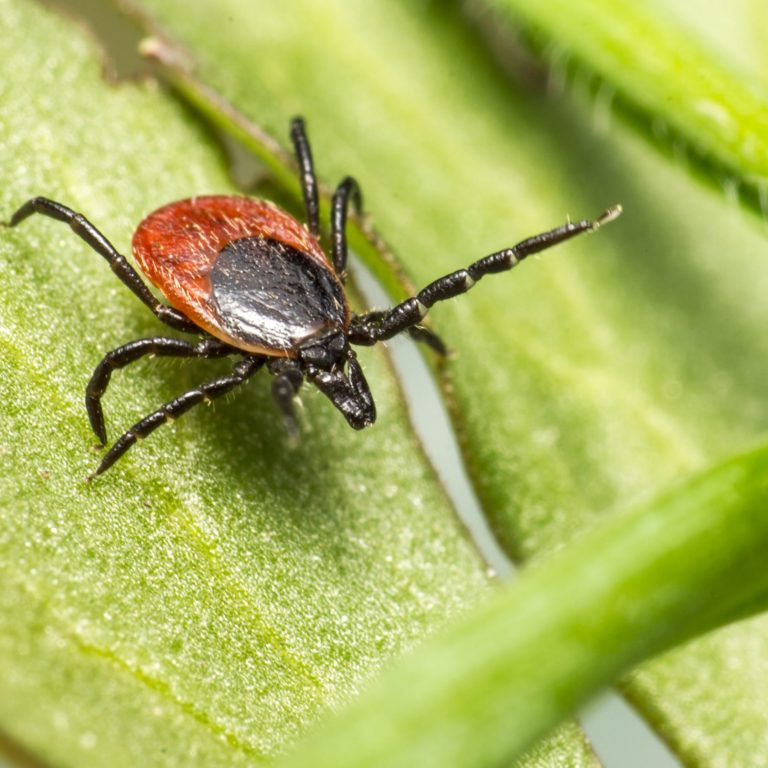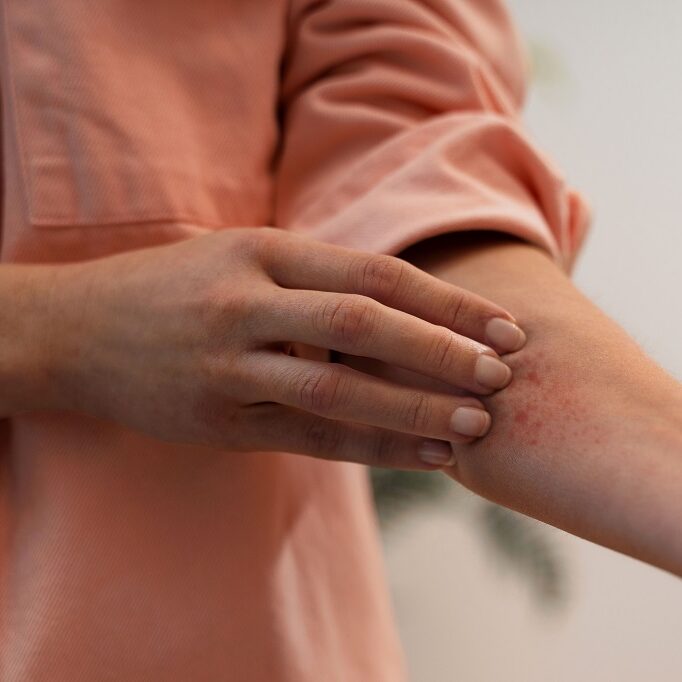 From our experience treating Lyme Disease, we know there is no “one size fits all” treatment protocol for a chronic-complex illness like Lyme disease and its other co-infections. As the disease progresses, it can become more complex and involve multiple body systems. Many of our patients have confounding health issues related to toxin exposure that affects the body’s ability to restore and maintain health. Our physicians monitor all symptoms and treatment responses throughout the person’s care. Successful care models mean physicians treating Lyme disease must invest time with their patients.
From our experience treating Lyme Disease, we know there is no “one size fits all” treatment protocol for a chronic-complex illness like Lyme disease and its other co-infections. As the disease progresses, it can become more complex and involve multiple body systems. Many of our patients have confounding health issues related to toxin exposure that affects the body’s ability to restore and maintain health. Our physicians monitor all symptoms and treatment responses throughout the person’s care. Successful care models mean physicians treating Lyme disease must invest time with their patients.
 When a person begins care at our clinic for known or suspected Lyme disease, the clinic starts with a thorough medical history before we prescribe anything.
When a person begins care at our clinic for known or suspected Lyme disease, the clinic starts with a thorough medical history before we prescribe anything.

- We evaluate how Lyme disease affects the vagus nerve and sympathetic and parasympathetic nervous systems.
- The gut microbiome and gut-brain axis are often disrupted, leading to gastrointestinal dysfunction and cognitive problems.
- Our patients go through a dietary evaluation to address food allergies or sensitivities that weaken the immune system if not addressed.
- Lyme disease significantly affects a person’s ability to manage stress. Our team helps with stress management and the psychological aspects of Lyme disease.
- We look at the value of nutritional supplements with antimicrobial properties to help support the body’s immune system response.
- We evaluate sleep habits and make suggestions for improving sleep.







